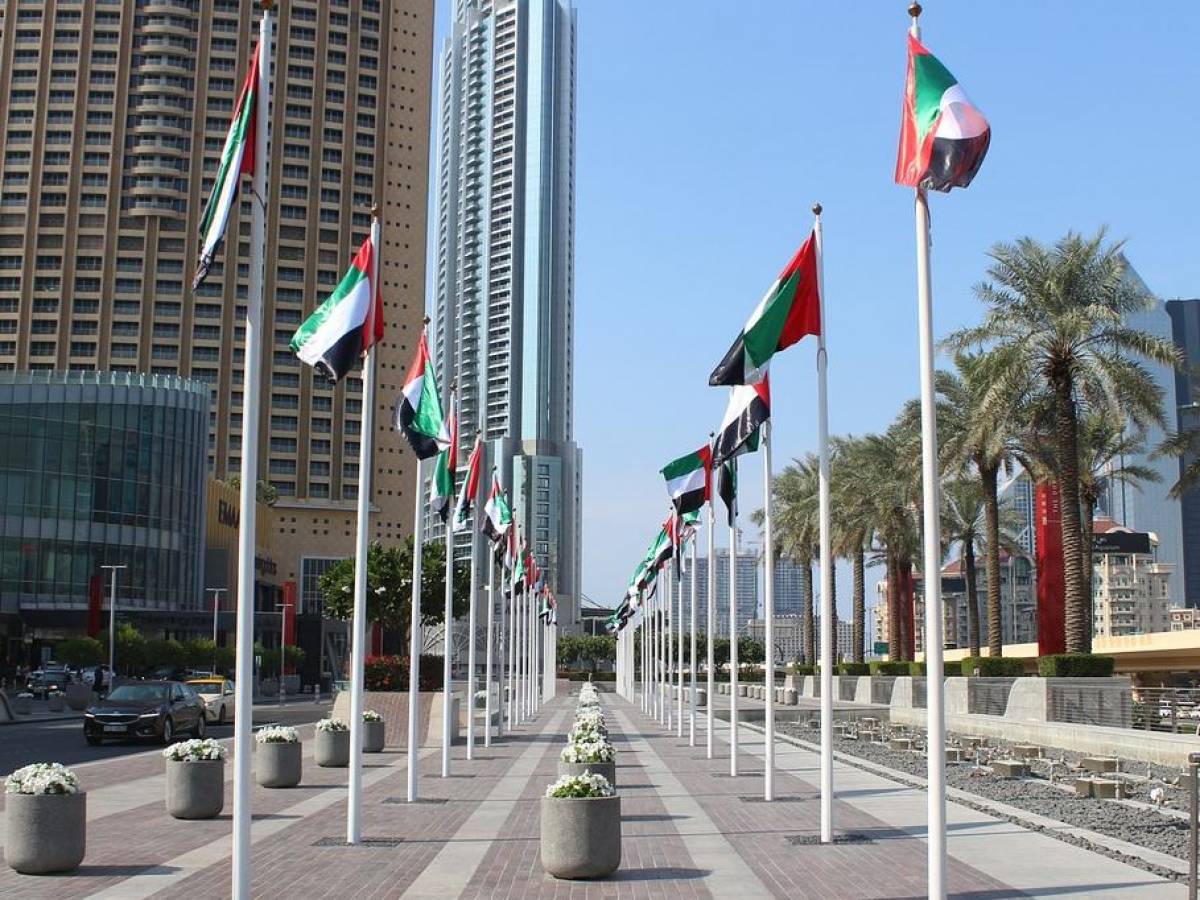
Summer Heat Soars In UAE As Temperature Hits 48°C
As the country embraces summer, the highest temperature in the UAE hit 48°C at 2:45 PM in Mezaira, located in the Al Dhafra region, according to the National Centre of Meteorology (NCM). As per the data, inland areas are expected to sizzle between 44°C and 49°C.
Coastal regions and islands will see temperatures ranging from 37°C to 42°C, while mountainous areas remain relatively cooler, hovering between 32°C and 38°C, reports Gulf News. As per the weather forecast, it seems to be partly cloudy skies on Monday, with low clouds expected along the eastern coast. However, the conditions are expected to turn humid by night and into Tuesday morning, particularly over some coastal areas.
View this post on Instagram
Read also: ‘May Resume Uranium Enrichment Within Months’: IAEA Chief Warns After Iran Bans Watchdog Entry
As per the report, winds will be light to moderate, blowing from the northwest to southwest at speeds of 10–25 km/h, occasionally reaching up to 35 km/h. Both the Arabian Gulf and the Oman Sea are expected to remain slight to calm.
The authorities have requested the residents to stay hydrated and avoid outdoor activities during peak heat hours and monitor official updates for any weather advisories.
On its official social media page, NCM had been updating on the latest temperature and weather conditions in cities across the UAE.
In the month of May, the UAE had breached its May temperature record two times, hitting 51.6 degrees Celsius. Both the temperatures had then exceeded a previous record for the month of 50.2°C recorded in May 2009.
The desert nation lies in one of the planet’s hottest regions and one which is particularly vulnerable to climate change.
Read also: Ceasefire In Gaza Possible Within A Week, Says Donald Trump
In the past three decades, the number of extremely hot days has nearly doubled globally. And scientists have warned that recurring heatwaves are a clear marker of global warming. The heatwaves are expected to become more frequent and intense in the future.













